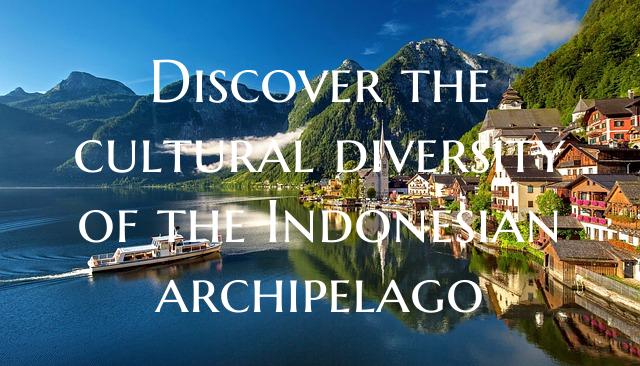
Indonesia is a vibrant and diverse archipelago, made up of over 17,000 islands, each with its own unique cultural heritage and traditions. From the bustling streets of Jakarta to the serene landscapes of Bali, the country is a melting pot of different ethnicities, languages, and customs.
One of the most remarkable aspects of Indonesia's cultural diversity is the rich tapestry of traditional dances, music, and art forms that vary from one region to another. The Javanese wayang kulit shadow puppet theatre, the Balinese kecak dance, and the Torajan wood carvings are just a few examples of the artistic wealth that can be found throughout the archipelago.
Indonesia's culinary scene is equally diverse, with each region offering its own distinct flavors and dishes. From the fiery rendang curry of West Sumatra to the aromatic nasi goreng of Java, Indonesian cuisine is a reflection of the country's multicultural heritage.
Religion also plays a significant role in shaping Indonesia's cultural landscape, with Islam, Christianity, Hinduism, and Buddhism all coexisting harmoniously. The Borobudur temple in Central Java, the Prambanan temple complex in Yogyakarta, and the Hindu offerings in Bali are testaments to the country's religious pluralism.
Moreover, the Indonesian people are known for their warmth, hospitality, and strong sense of community. Visitors to the archipelago are often greeted with smiles and open arms, making it easy to connect with the local culture and forge meaningful relationships.
Exploring the cultural diversity of the Indonesian archipelago is a fascinating journey that reveals the country's history, traditions, and values. Whether you're trekking through the jungles of Borneo, cruising the waters of Raja Ampat, or wandering the streets of Yogyakarta, each experience offers a glimpse into the rich tapestry of Indonesia's cultural heritage.